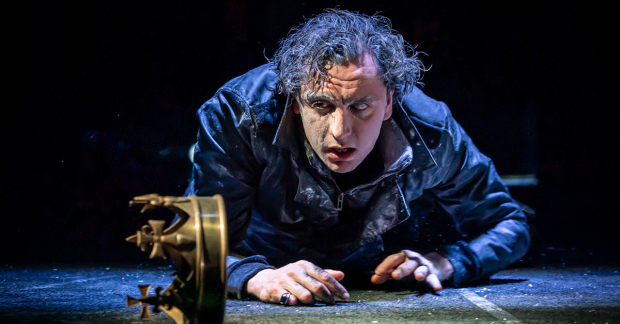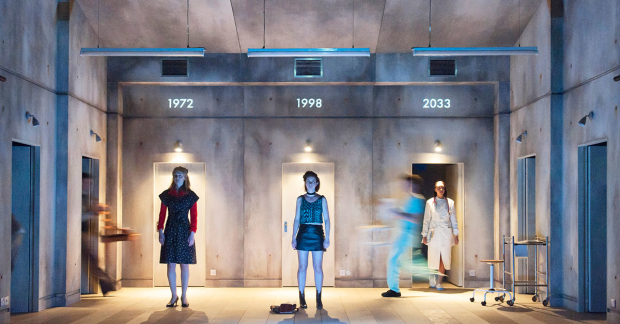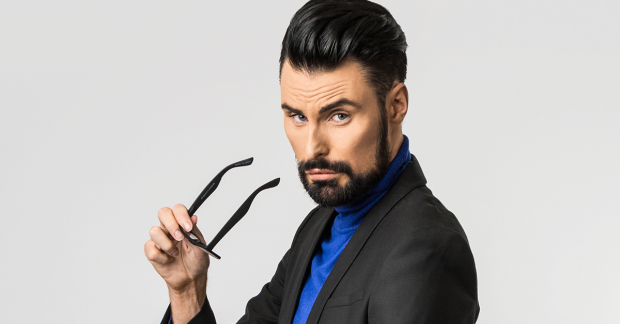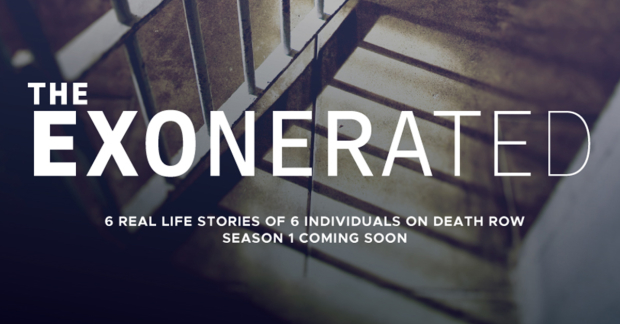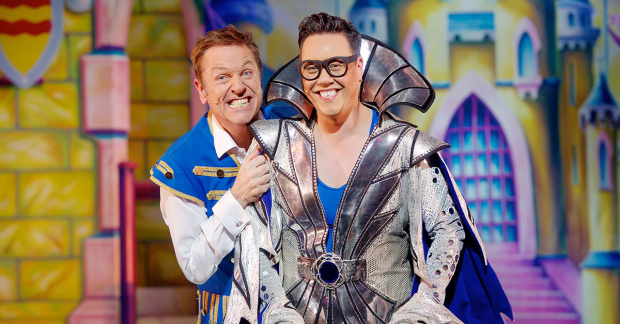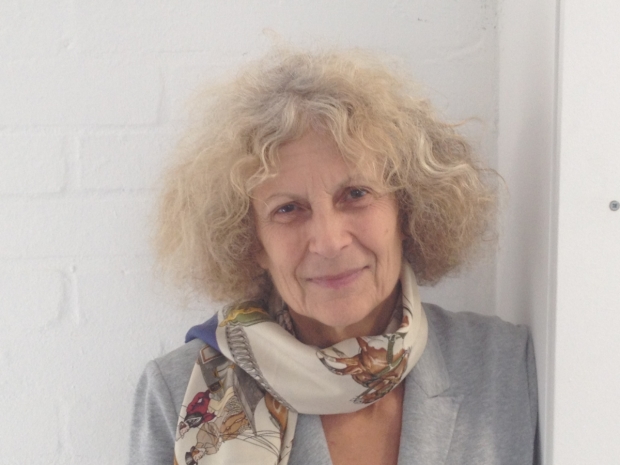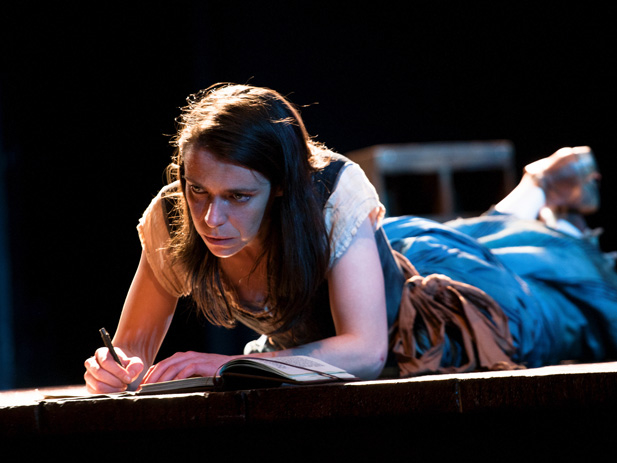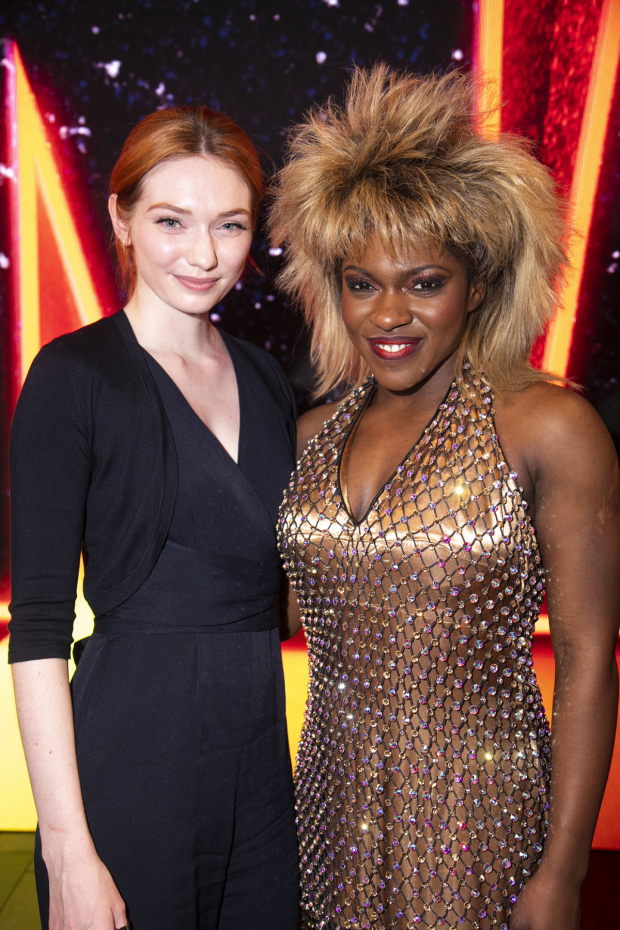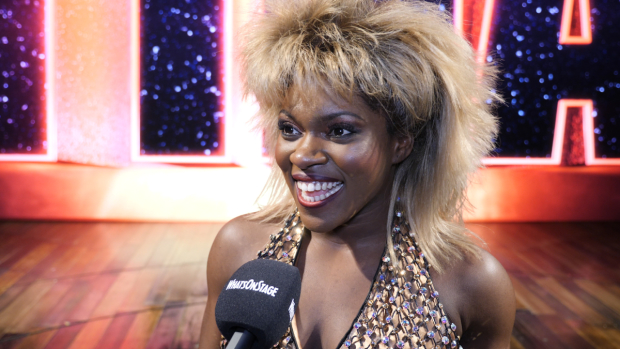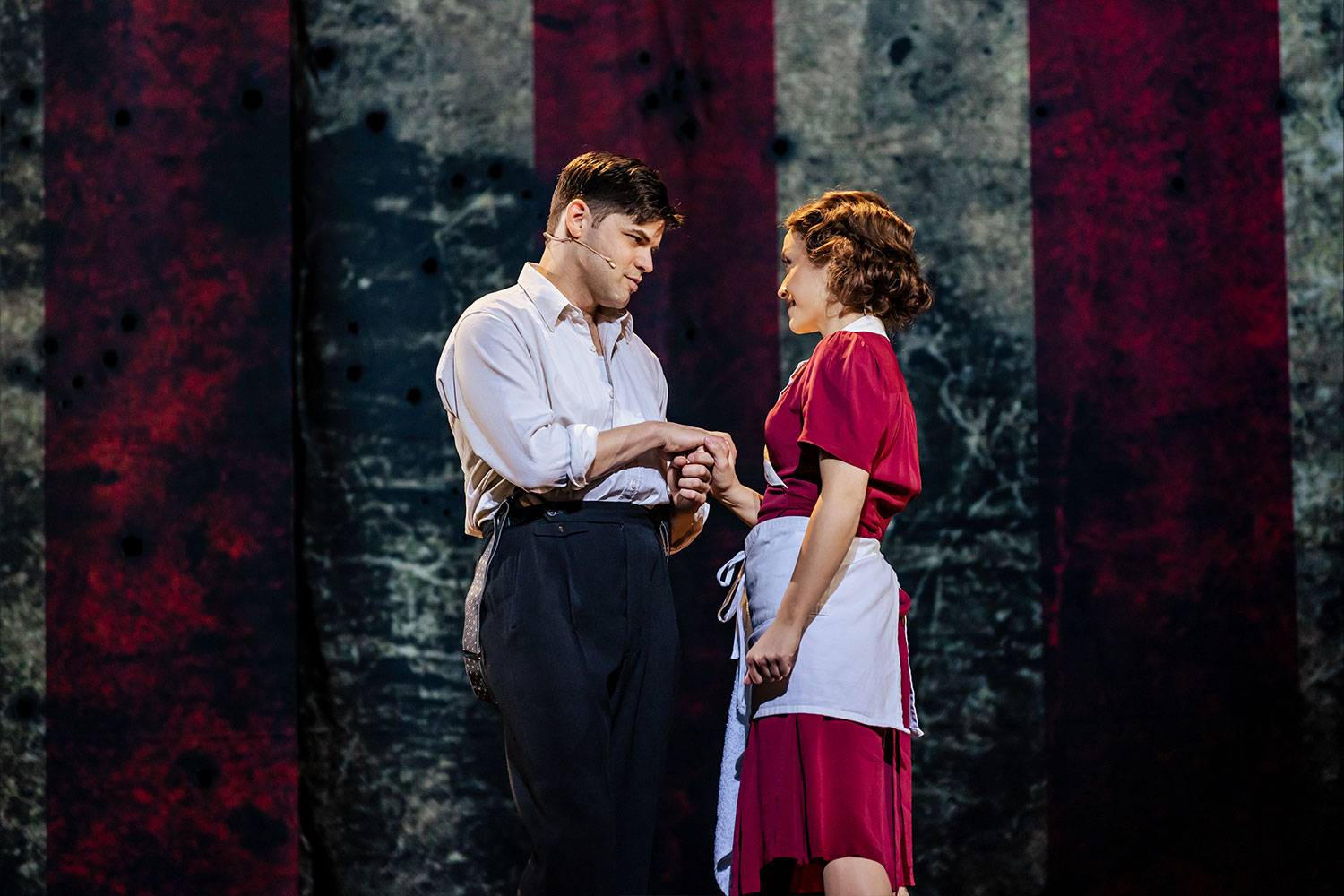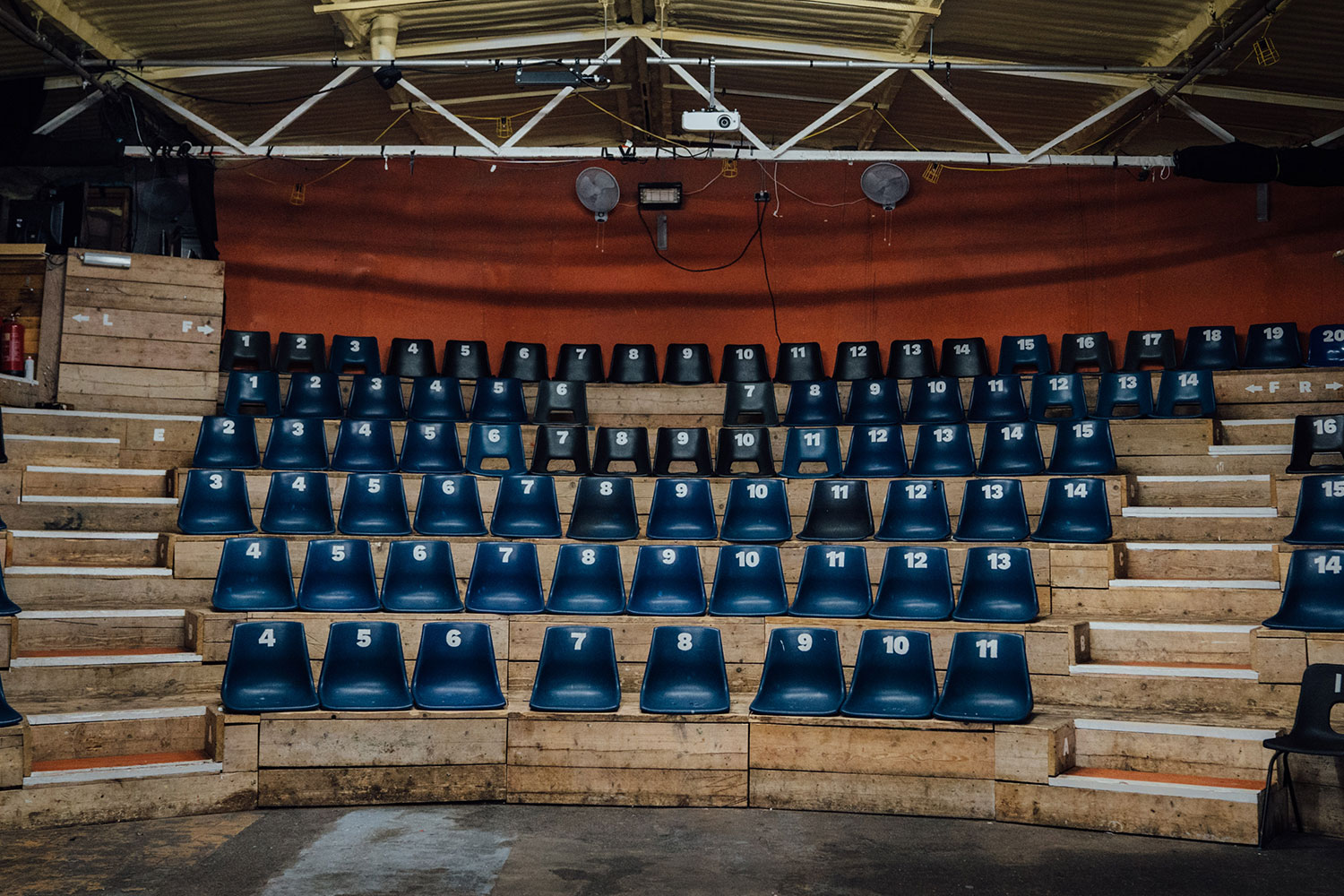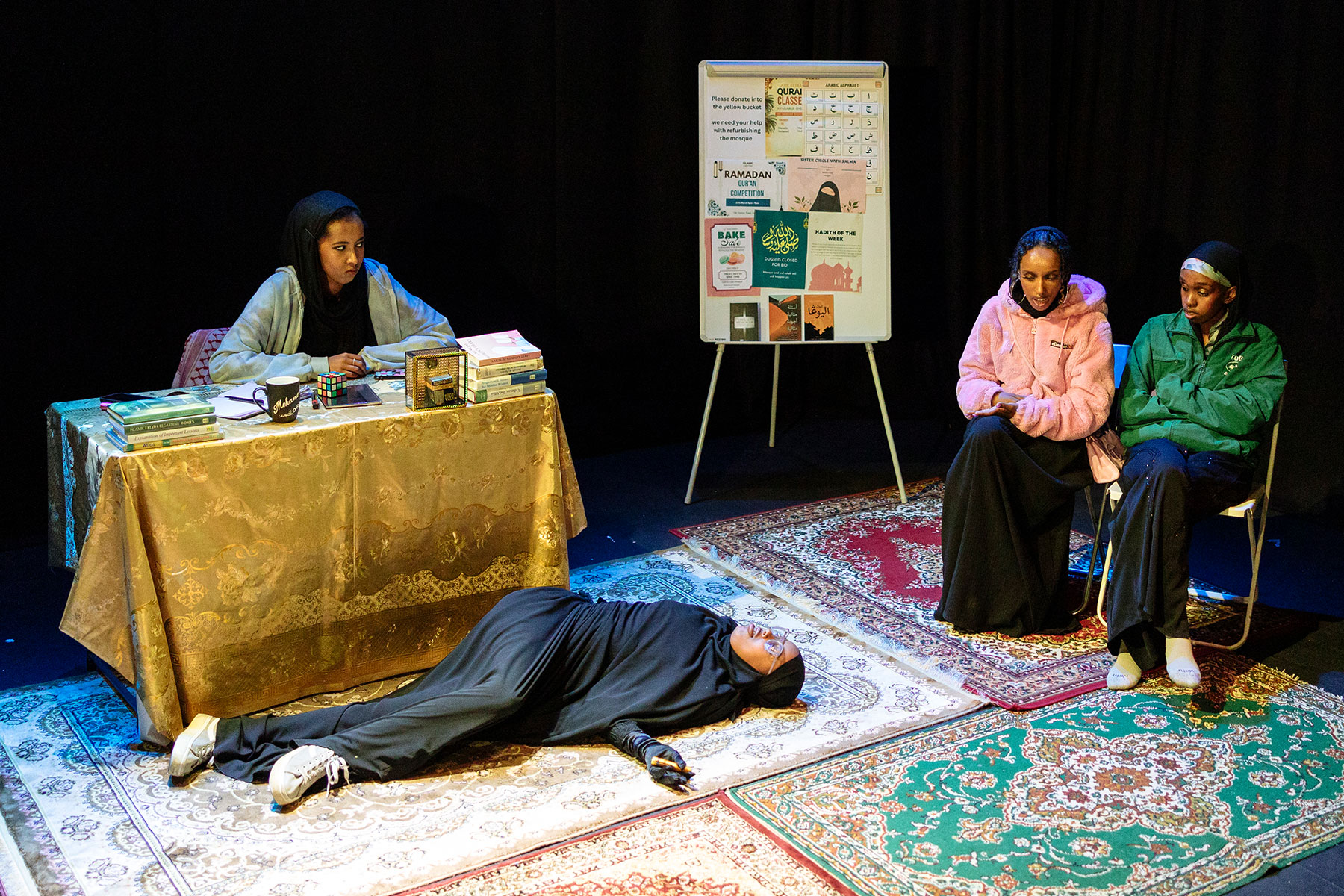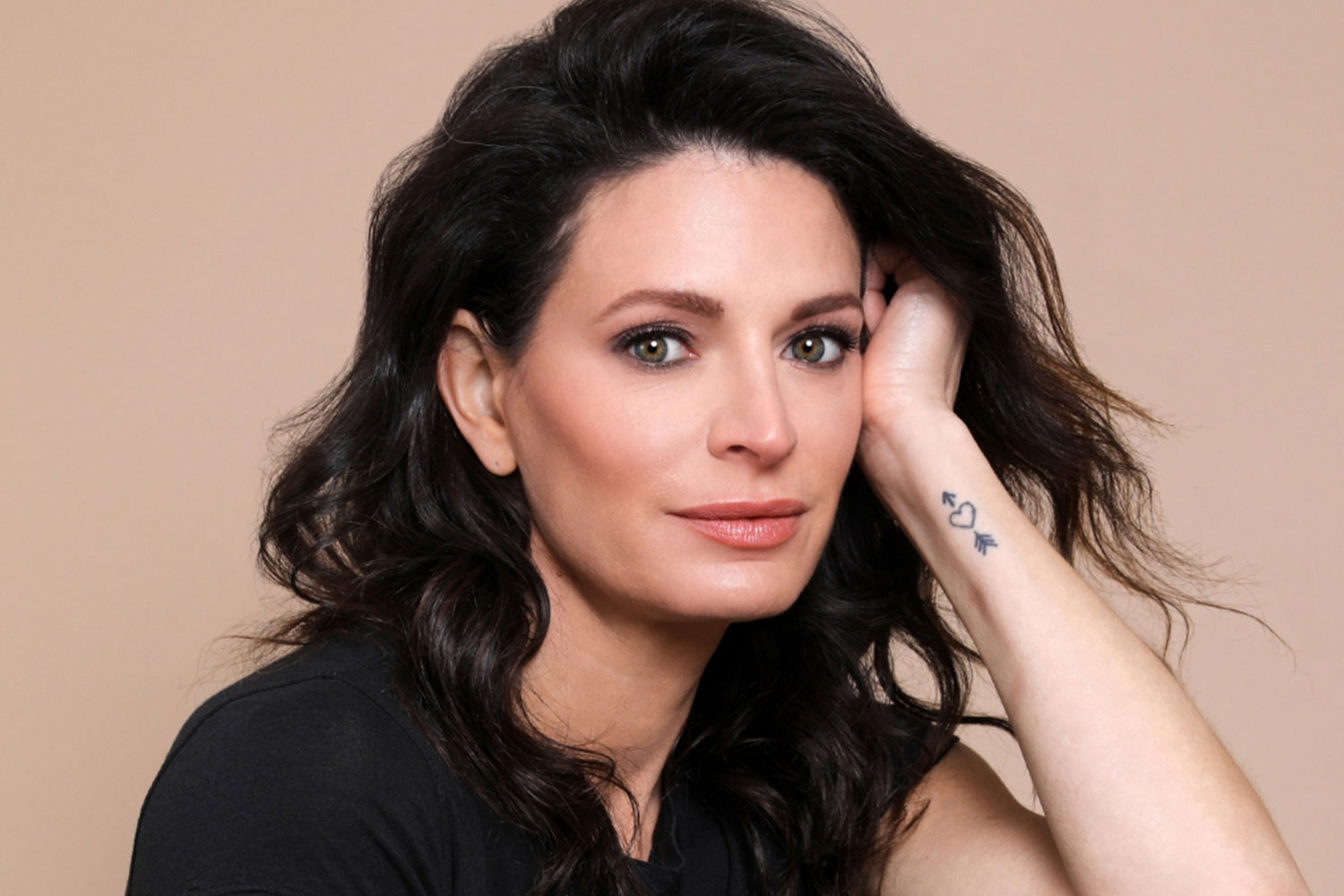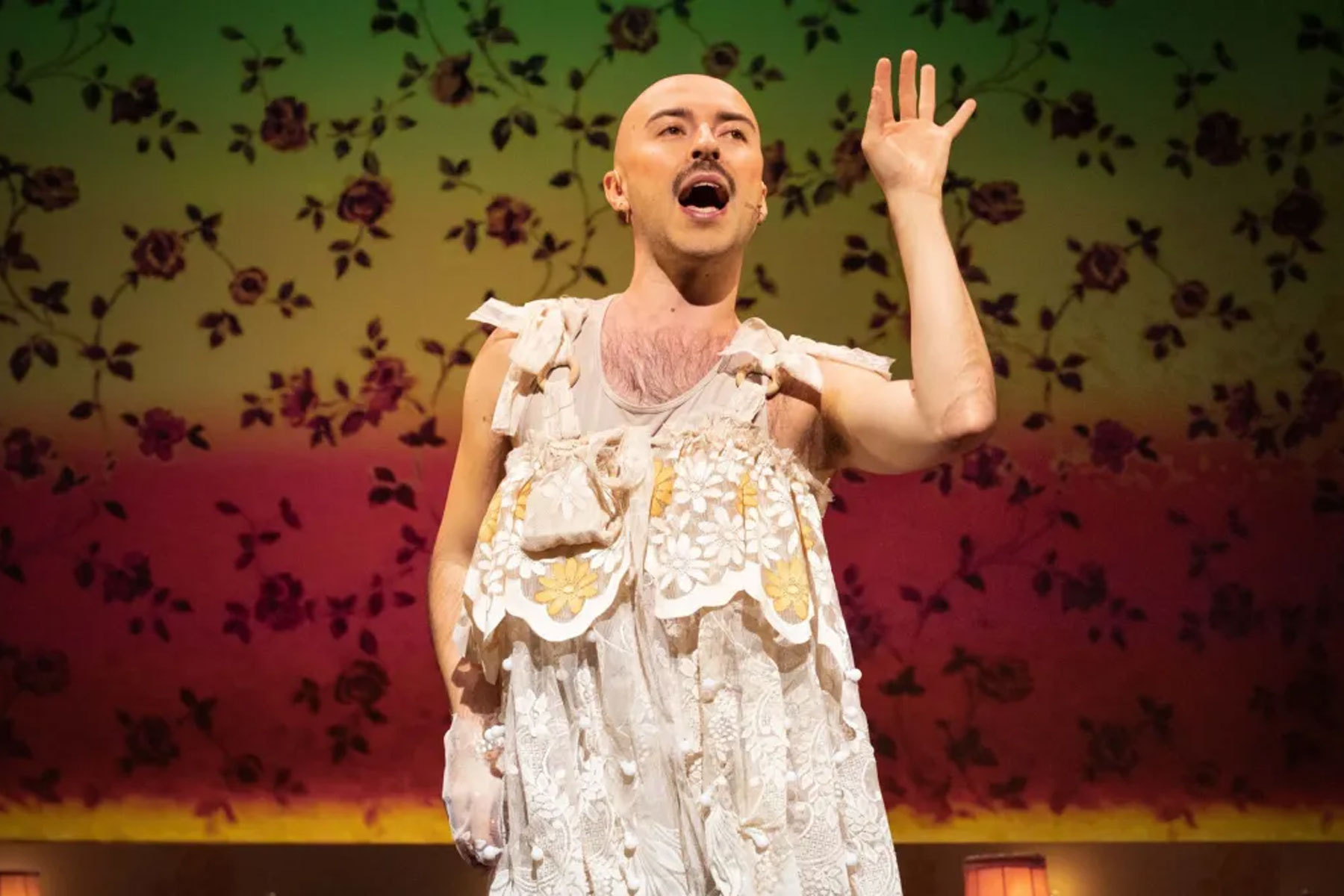Review: Our Country's Good (Tobacco Factory)
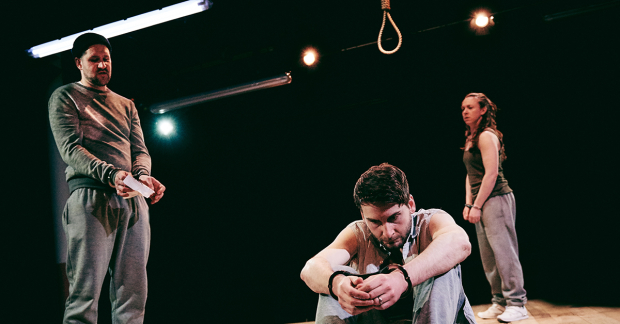
© Mark Dawson Photography
Timberlake Wertenbaker's 1988 play zings with one-liners. The piece, which promotes the idea of rehabilitation and the transformative power of art, is filled with inspiring, perfectly judged phrases that say vast amounts in few words: ‘justice and humaneness never go hand in hand'; ‘if you want to civilise, there are more important things than a play'; ‘a crime is a crime'. These are all spoken by the officers on an Australian penal colony in the 1780s, grappling with the idea, put forward by Second Lieutenant Ralph Clark, that staging a play with the inmates might be a really great idea.
Wertenbaker's piece is barely off the curriculum, and it is easy to see why. Its brilliance lies in its capacity to boil down vital ideas about society to their core and place these in an emotionally affecting and dramatic story. A story that is, if not exactly true, certainly not far from the realities of penal colonies in the 18th century. While Ralph manages to get his production on, the convicts – their crimes being anything from stealing a piece of bread to murder – bicker and cause trouble but ultimately thrive on the freedom that pretending to be another human being offers. It is a heart-wrenching watch about the dehumanisation of those in a prison system, and, in whatever form I see it, it always provokes a tear.
Anna Girvan's production for the Factory Company begins very well. Her sparse staging and small ensemble, which doubles on characters, give it a straightforward clarity and allow the lines to shine. There's some excellent sound work from Keegan Curran, who begins with the noise of the cat o'nine tails being whipped over flesh ringing out sharply and excruciatingly from the wings. The soft bird sounds of the Australian outback and the soothing voice of an Aboriginal Australian between scenes also remind us of the land and people that have been usurped by these Englishmen and women. Chris Swain's lights are also very well handled, with six strips hanging above the stage that flicker and pulse, especially when there are ghosts of those hanged are nearby.
There are slight cuts to the text, however, which do not help this strong but ultimately imperfect play get any better. In several places the stylised staging means characters feel disconnected with each other and the tension and drama arc gets lost, so that scenes which should be charged with intensity flick by almost unnoticed. The play is long, and though here it is shorter – helped by quick scene changes – intensity has been sacrificed to speed. It is a pity, because there are some lovely performances from Joseph Tweedale as Ralph, Heather Williams as Dabby Bryant and Paksie Vernon as Mary Brenham. Though really, to pick out any from the ensemble is very hard – they are all very good.
Mostly, this is a solid production of a vital, engaging and enduring play which says a lot about how we were, how we are and how we should be. The fact that there always seems to be a production on somewhere is, undeniably, a good thing. It is a piece that needs to be seen.



